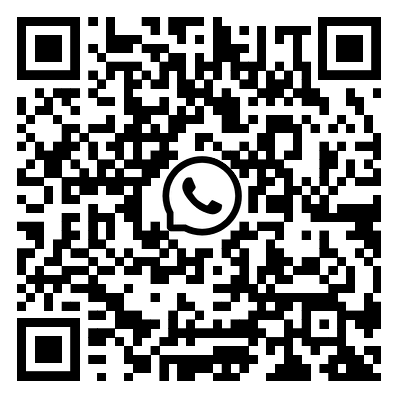Turkish Borax
Borax is an inorganic compound with a broad range of applications, from the medical and chemical industries to daily life.
Detailed Description
Product Characteristics
Borax is an inorganic compound, generally formulated as Na2B407·10H2O, with a molecular weight of 381.37. It is an utmost important boron-containing mineral and boron compound. And it is usually a white powder consisting of colorless crystals and is easily soluble in water.
Product Purposes
Borax has a wide range of applications, including its use as a cleaning agent, specifically in cosmetics, and as a pesticide. It is also used for the preparation of buffer solutions and the production of other boron compounds. It is banned from being used as a food additive in numerous countries all over the world due to its high toxicity. If ingested in significant quantities by humans, boron can cause cumulative poisoning that affects multiple organs.
Borax is an inorganic compound with a broad range of applications, from the medical and chemical industries to daily life.
In medicine, borax serves as a treatment for skin diseases, oral diseases, and so forth, owing to its superior antibacterial and antiseptic properties. For example, adding borax to mouthwash can treat oral diseases such as gingivitis and mouth ulcers, while adding it to a skin cleanser or lotion can treat skin diseases such as seborrhoeic dermatitis and eczema. Moreover, borax can also be used for wound disinfection, as well as for the prevention and treatment of mosquito bites, etc.
In the chemical industry, borax has a variety of applications, predominately in the glassmaking industry and porcelain industry. In addition, it is also extensively utilized in the detergents and cosmetics industries and serves as the principal ingredient in detergents and dyeing auxiliaries, benefiting from its significant disinfection effect. In recent years, it has also become widely used for disinfection in the pharmaceutical industry.
In everyday life, borax also has a variety of applications. Examples include removing kitchen stains and rust, cleaning chrome-plated lamps, cleaning outdoor furniture, removing mold, deodorizing drain pipes, unclogging drain pipes, making multi-purpose sprays, preserving dried flowers, cleaning toilets, cleaning tiles or vinyl floors, killing weeds, washing shoes, deodorizing carpet and fabric surfaces, washing clothes, etc.
Other applications include as a flux to lower the melting point of glass in glassmaking; as a reducing agent to reduce metal oxides in the metallurgical industry; as a reductant to control the rate of nuclear reactions in the nuclear industry, etc.
Despite its numerous applications, it is important to note that borax has a certain toxicity. Thus, excessive use or misuse should be avoided, and contact with sensitive areas like the eyes and mouth should be avoided. Moreover, borax is banned as a food additive in numerous countries all over the world because it can cause cumulative poisoning that affects multiple organs if ingested in significant quantities by humans.


